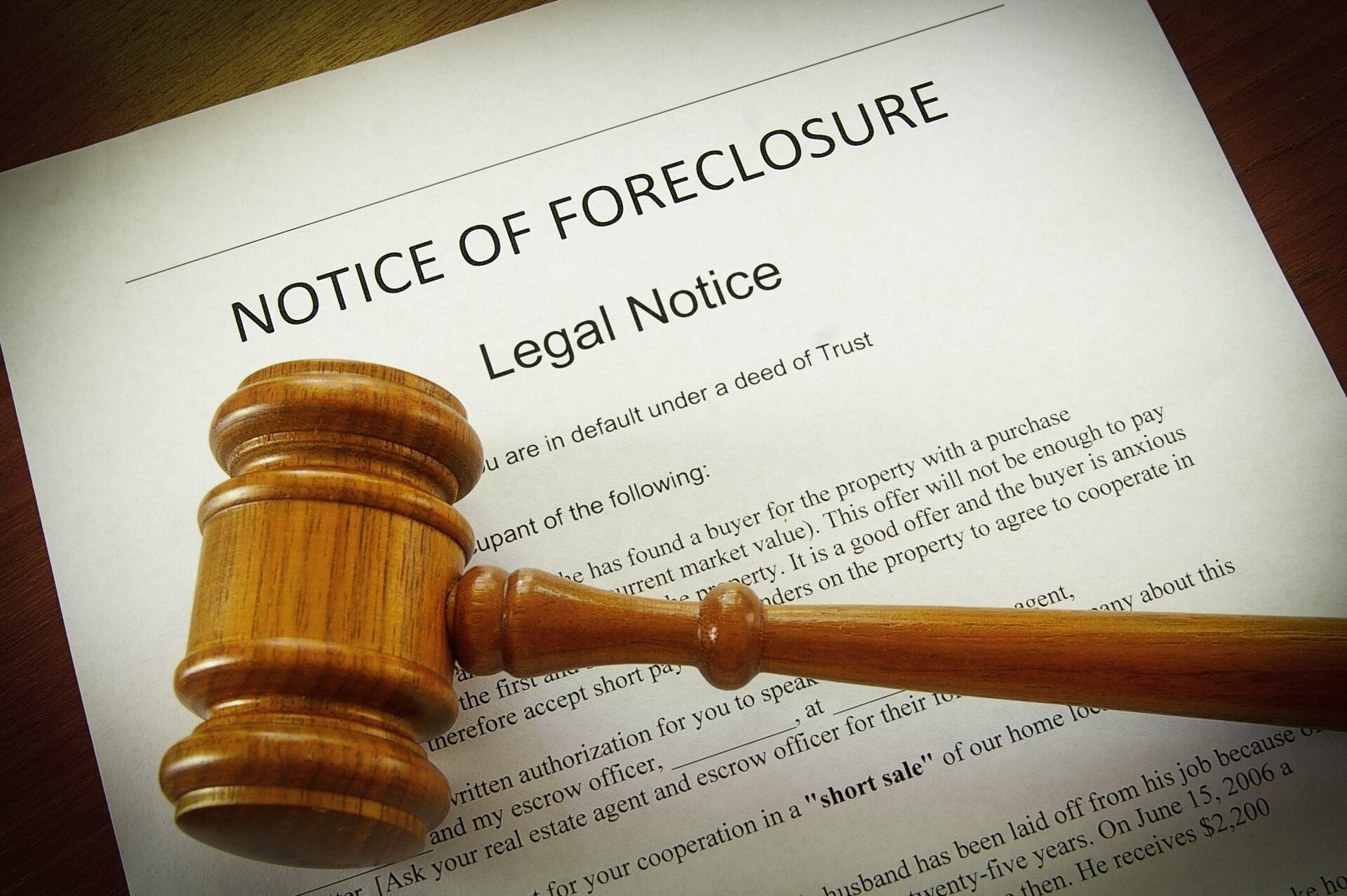4 Things That Can Save You From a Mortgage Foreclosure

Mortgage foreclosures are a financial disaster for homeowners since you lose a hard-earned asset that houses your family. While a foreclosure notice can generate significant economic and psychological stress, a borrower can enact several defense protocols to stop or stall the foreclosure. Here are four ways you can restrain the lending institution from enacting the foreclosure notice.
1. Illegitimate Foreclosure
An institution can foreclose a mortgage based on New York State laws if the borrower fails to make payments on the mortgage or they violate the terms of the mortgage. New York State laws mandate that an institution file a foreclosure notice with the county clerk.
Once filed, they must publish the foreclosure notice in a local newspaper and serve the notice of the foreclosure on the borrower. They can only hold a public auction of the property after following these steps. The mortgage foreclosure becomes illegitimate if the institution does not follow this procedure.
Additionally, the lender must provide accurate and transparent details that are reasonable to both parties according to state law. Therefore, the property owner can seek legal compensation if a lender changes the terms of the agreement without the borrower's consent or intentionally hides vital information that affects the agreement terms.
2. Active Service
The government protects any active military and civil duty members from financial debts. The Servicemembers Civil Relief Act (SCRA) is a federal law that protects military members when they enter active duty. The SCRA allows servicemembers to cancel or postpone certain civil obligations, such as paying mortgages, leases, and credit card debt.
This provision gives servicemembers some financial breathing room while they are away from home serving our country. If you receive a foreclosure notice while on active duty, you can seek the court's assistance to postpone payments until you conclude your current deployment.
3. Bankruptcy
Individuals can file for bankruptcy if they cannot repay their debts. A borrower laden with debt can only file Chapter 13 bankruptcy if they want to keep their home, as Chapter 13 provides the necessary leeway to reorganize finances and develop a repayment plan.
Chapter 13 bankruptcy allows you to pay off your debts over three years and continue living within your means. While you can afford living expenses, it doesn't mean you'll have money left for anything else. A Chapter 13 plan also requires that you file specific paperwork with the court, which can be time-consuming and expensive.
In this instance, you can receive some relief from any mortgage repayment obligations and either pay off the debt entirely or with installments after a renegotiation. However, you should only take a bankruptcy claim after serious deliberation with your attorney.
4. Mortgage Reinstatement and Redemption
Mortgage reinstatement brings a mortgage loan that is in default back up to date. This process usually involves paying the entire amount of past-due payments, plus any fees and penalties accrued. With a mortgage reinstatement, you must discuss with the lender how you can fulfill the remaining portion of the contract to avoid future foreclosure notices.
Mortgage redemption involves paying off a mortgage loan in full. You can fulfill this complete payment at any time during the life of the loan, but you must complete it before the lender sells the property. Full settlement entitles you to the mortgaged property, which rescinds any claims made by the lender.
A mortgage foreclosure can make you anxious about a potential loss to the property that houses your family or business interests. Fortunately, you can take necessary legal actions to protect yourself from a foreclosure notice if you use any of these four tactics.
Contact the Law Office of Steven Kurlander to receive legal assistance with a mortgage foreclosure defense.









